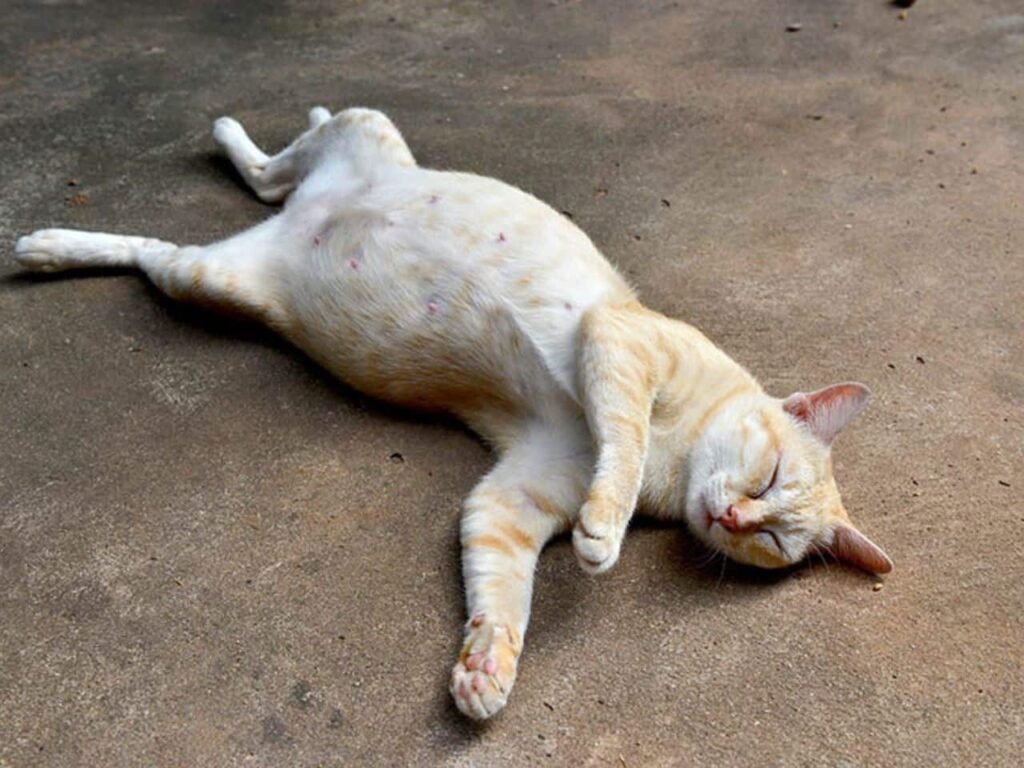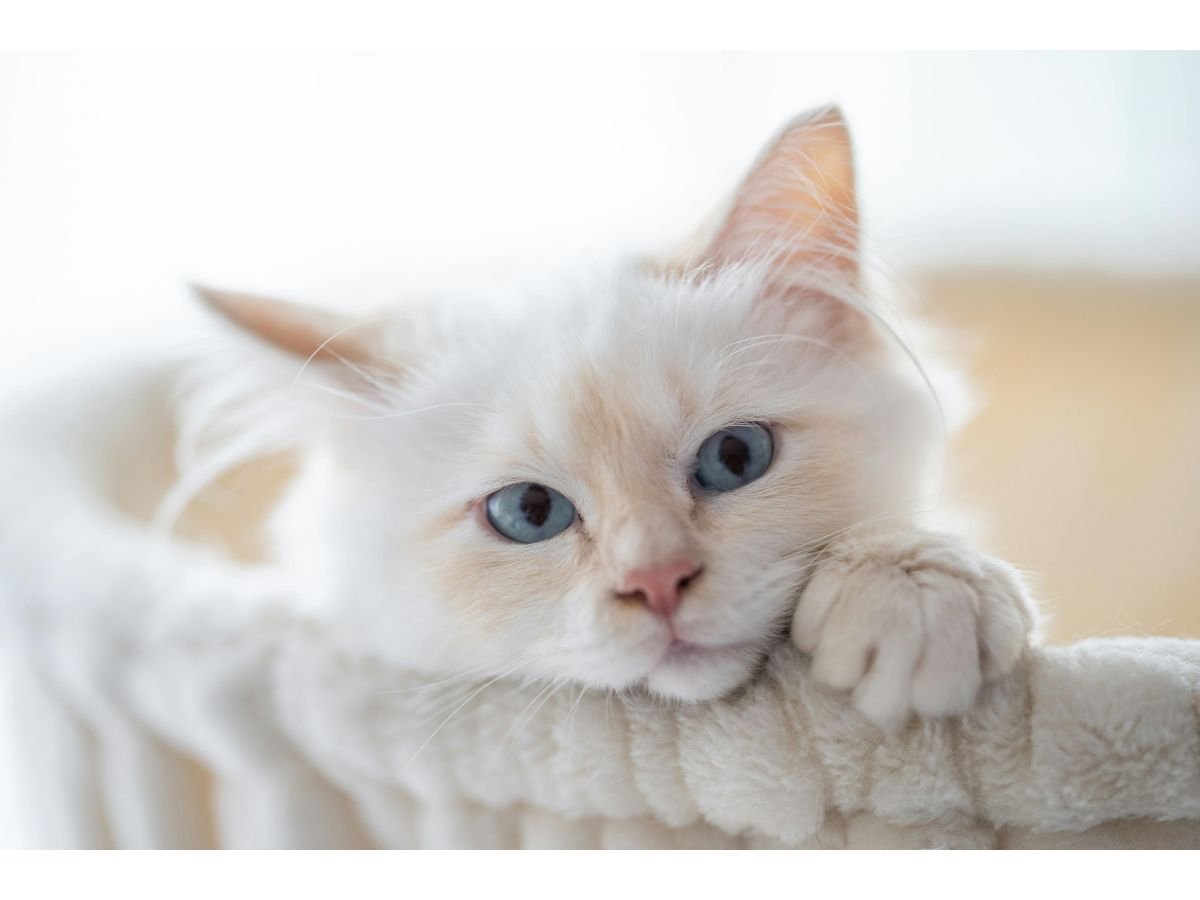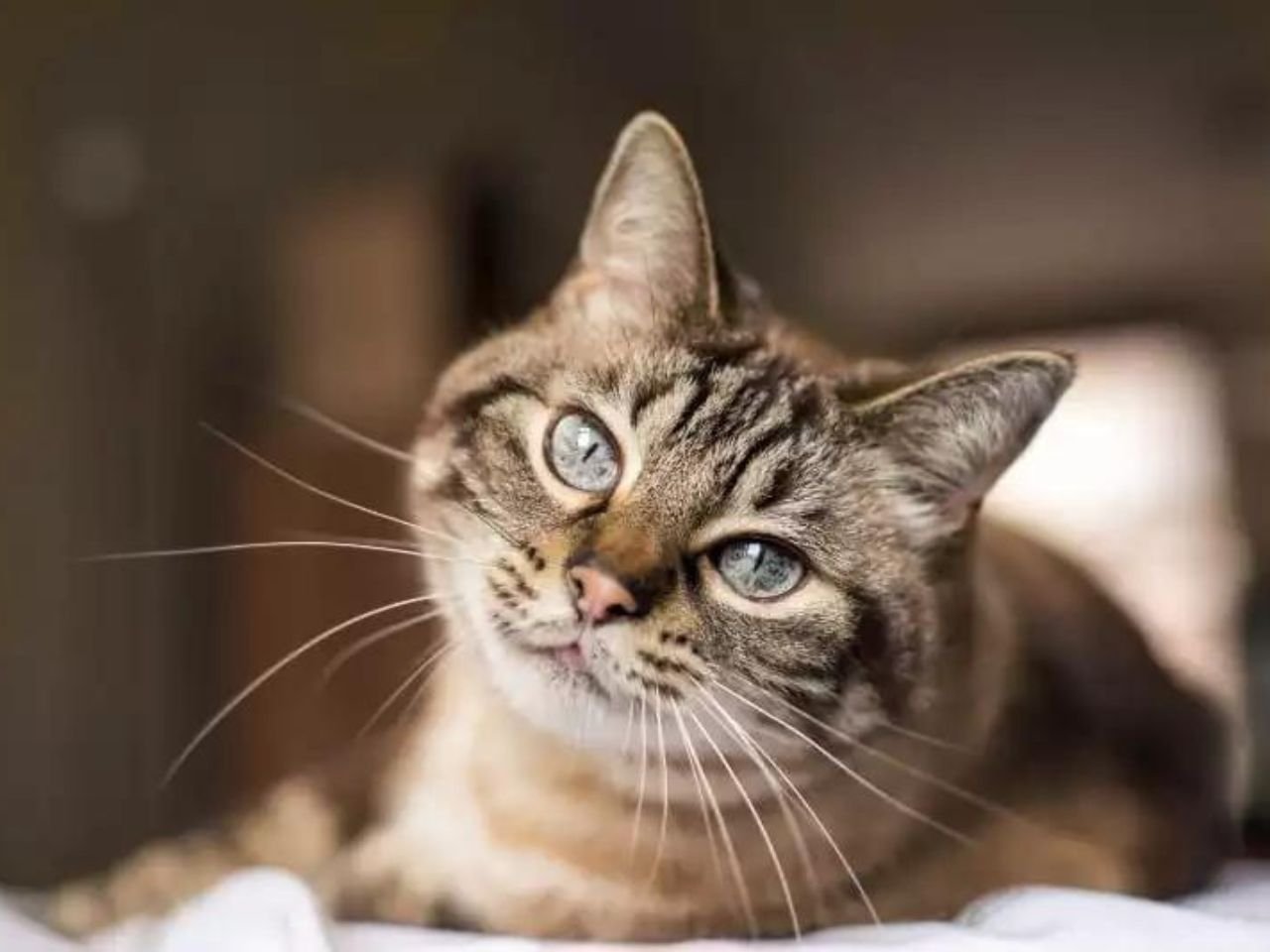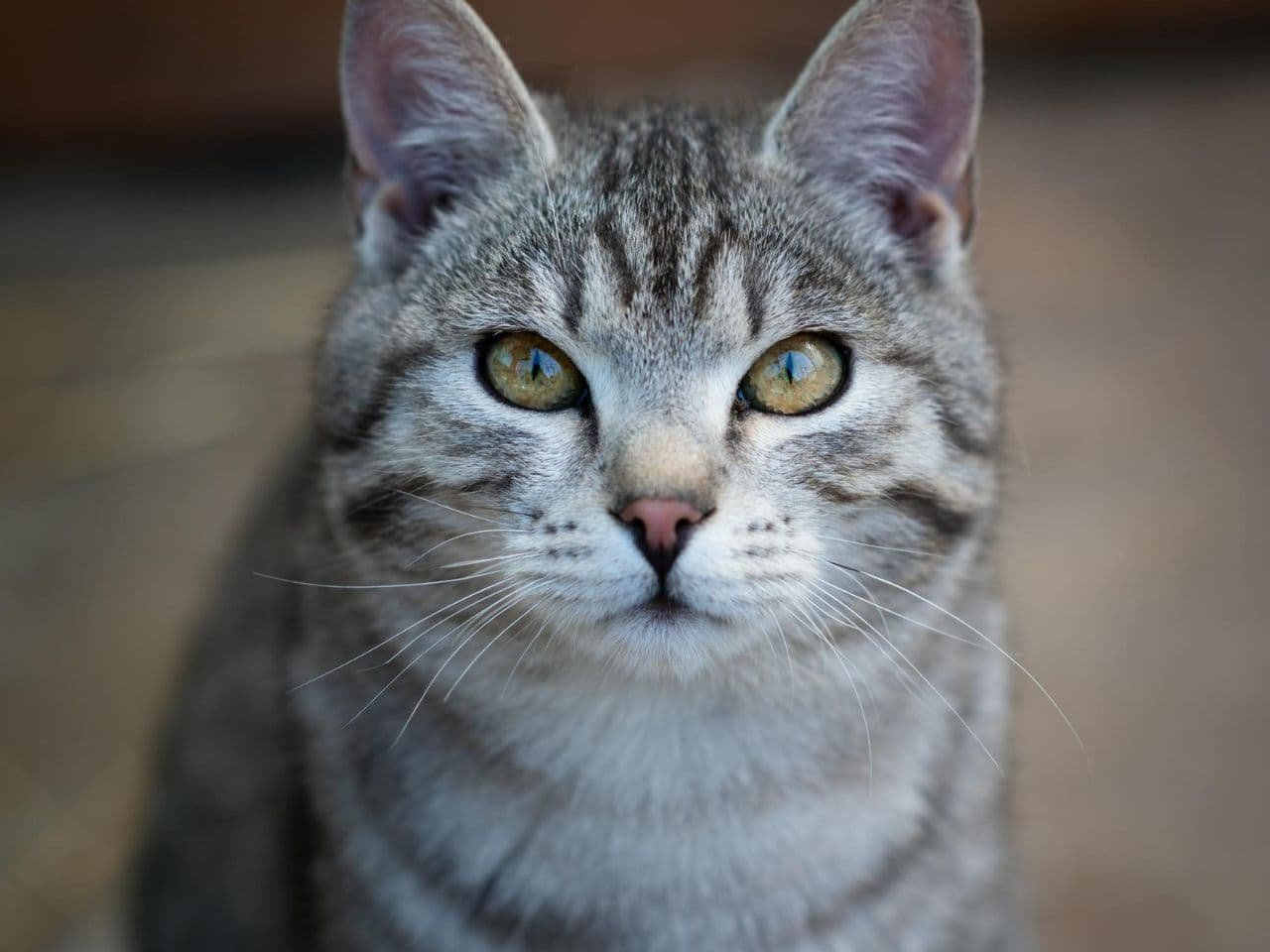Discover compassionate guidance on what to do when your cat dies, from handling grief to making final arrangements.
Contact your vet to handle your cat’s remains. Take time to grieve and honor your pet’s memory.
Losing a beloved cat is a heartbreaking experience. The bond you shared with your feline friend is special and irreplaceable. It’s essential to give yourself permission to grieve and process the loss. Reach out to friends, family, or support groups who understand your sorrow.
Consider creating a small memorial or keepsake to honor your cat’s life. Many people find comfort in sharing stories and photos of their pets. Remember, it’s okay to feel a range of emotions, from sadness to anger. Taking steps to commemorate your cat can help you navigate this difficult time.

Processing The Loss
Losing a beloved cat can be a devastating experience. Pets become family members, and their loss leaves a significant void. Processing the loss is essential to move forward. This blog post will guide you through the steps you need to take when your cat dies. It will help you understand the importance of grieving and seeking support.
Allowing Yourself To Grieve
Grieving the loss of a pet is natural and necessary. Allow yourself to feel the pain and sadness. Holding back emotions can make it harder to heal. Here are some steps to help you through the grieving process:
- Acknowledge your feelings: It’s okay to cry and feel sad.
- Create a memorial: This can be a small ceremony or a special place in your home.
- Share memories: Talk about your cat with friends or family who understand.
- Write a letter: Express your feelings and say goodbye in a personal note.
Understanding that grief takes time is important. Everyone grieves differently. Some people may feel better after a few weeks, while others may take months. Be patient with yourself and give yourself the time you need to heal.
Seeking Support
Support is crucial when dealing with the loss of a pet. Talking to someone who understands can be very comforting. Here are some ways to find support:
- Join a pet loss support group: These groups offer a safe space to share your feelings.
- Talk to a therapist: Professional help can provide guidance and coping strategies.
- Lean on friends and family: People who know your cat can offer support and understanding.
Remember, asking for help is a sign of strength. You don’t have to go through this alone. There are many resources available to help you cope with your loss. Consider using online forums or hotlines dedicated to pet loss. These resources can offer comfort and advice during this difficult time. Must Read Is Lemon Balm Safe for Cats?
Honoring Your Cat’s Memory
The loss of a cat can be deeply upsetting. Honoring your cat’s memory can help you heal. This blog post will guide you through some meaningful ways to remember your beloved feline friend.
Creating A Memorial
Creating a memorial for your cat is a touching way to honor their life. You can keep their favorite toys or a special collar. Some people create a small shrine with photos and mementos. Others choose to have a custom-made urn for their cat’s ashes.
Here are some ideas to create a memorial:
- Photo album: Gather all your favorite pictures and create a photo album.
- Scrapbook: Include photos, stories, and other keepsakes in a scrapbook.
- Memorial stone: Place a stone with your cat’s name in your garden.
- Custom jewelry: Wear a necklace or bracelet with your cat’s name or paw print.
These memorials can provide comfort and a lasting tribute. They help keep the memories of your cat alive in your heart.
Also Read Our Previous Article:
Planting A Tree Or Flower
Planting a tree or flower in memory of your cat is a beautiful gesture. This living tribute can serve as a constant reminder of your feline friend. Choose a plant that blooms in your cat’s favorite season. Each time it flowers, you can remember the joy your cat brought you.
Here are some steps to plant a tree or flower:
- Select a spot: Choose a place in your garden or a nearby park.
- Pick a plant: Choose a tree or flower that holds special meaning.
- Planting: Follow the proper planting guidelines for the chosen species.
- Caring: Water and care for your plant regularly.
Watching the plant grow can be a source of solace. It symbolizes the ongoing presence of your cat in your life.

Donating To Animal Welfare Organizations
Donating to animal welfare organizations can be a wonderful way to honor your cat. These donations help other animals in need and keep your cat’s memory alive.
Consider these ways to donate:
- Monetary donations: Give money to a local shelter or rescue group.
- Supplies: Donate food, toys, or bedding to an animal charity.
- Time: Volunteer at a nearby animal shelter.
- Fundraising: Organize a fundraiser in your cat’s name.
Your contributions can make a significant impact. They ensure that other animals receive the care and love they deserve. This can be a fulfilling way to pay tribute to your cat.
Taking Care Of Practical Matters
Losing a cat is very hard. It can be sad and confusing. You might not know what to do when your cat dies at home. Taking care of practical matters can help you feel better. This guide will help you with these tasks.
Arranging For Burial Or Cremation
One of the first things to do is decide on burial or cremation. Burial means laying your cat to rest in the ground. Cremation means turning the body into ashes.
For a burial, you can choose your backyard or a pet cemetery. Make sure to check local laws about backyard burials. Some places might have special rules.
- Find a good spot in your yard
- Dig a hole deep enough
- Place your cat in a box or blanket
A pet cemetery can offer a more formal service. They often provide a small memorial stone.
Cremation can be done at a pet crematory. You will get your cat’s ashes in an urn. You can keep the urn at home or spread the ashes in a special place.
- Contact a local pet crematory
- Choose a private or communal cremation
- Pick an urn or special container
Both options give you a way to say goodbye. Choose the one that feels right for you.

Updating Pet Records
After your cat passes away, update all pet records. This helps avoid future reminders that might upset you. Vet records need to be updated first. Call your vet and let them know what happened.
Microchip companies also need to know. If your cat had a microchip, contact the company. They will update their records.
- Call your vet
- Contact the microchip company
- Update your pet insurance
Pet insurance should also be updated. If you had insurance for your cat, call the company. They can cancel the policy or transfer it to a new pet.
Pet ID tags are another thing to consider. If your cat had an ID tag, you can keep it as a memory. Or you can remove it to avoid painful reminders.
- Remove the ID tag
- Keep it in a memory box
Taking care of these records helps in moving forward. It may be sad, but it’s an important step.
Frequently Asked Questions about What to Do When Your Cat Dies
What To Do When Your Cat Dies At Home?
Notify your veterinarian immediately. Handle your cat with care and wrap it in a blanket. Store the body in a cool place. Arrange for cremation or burial. Seek emotional support if needed.
How To Dispose Of A Dead Pet Cat?
Bury the cat in your yard or a pet cemetery. Use a biodegradable casket. Consider cremation services for pets. Follow local regulations.
Is It Good Or Bad If A Cat Dies In Your House?
A cat dying in your house can be emotionally painful. It’s important to handle the situation with care and compassion. Properly manage the remains to ensure hygiene and respect. Seek support if needed.
How Long Can I Wait To Bury My Cat?
You should bury your cat within 24-48 hours. Use a cool, dry place to store the body if needed.
Losing a cat is never easy. Cherish the memories and take your time to grieve. Seek support from friends and family. Consider specially memorializing your pet. Remember, it’s okay to feel sad. Your cat’s love will always remain in your heart.







